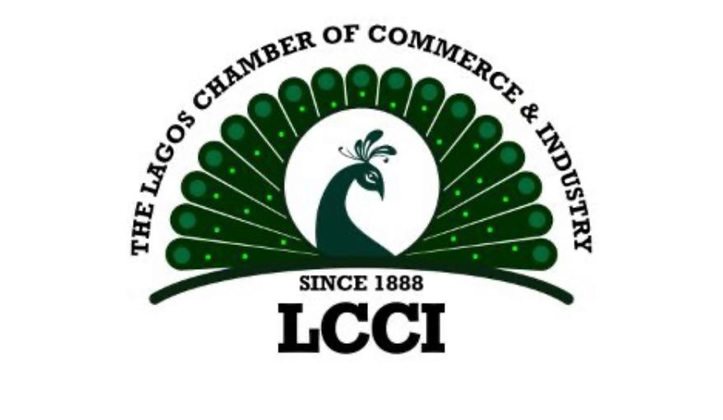The Lagos Chamber of Commerce and Industry (LCCI) has listed policy responses critical to reviving the country’s agricultural and manufacturing sectors to drive sustainable economic development.
President, LCCI, Mr Gabriel Idahosa, made the recommendations at the LCCI’s state of the economy quarterly news conference on Thursday in Lagos.

Idahosa noted that the country’s domestic economy grew by 3.19 per cent (year-on-year) in real terms in the second quarter of 2024, an improvement compared to 2.98 per cent in the first quarter of 2024.
He said the growth in the second quarter of 2024 was the 15th consecutive growth record, driven by both oil and non-oil sectors, which grew by between 10.15 per cent and 2.80 per cent respectively.
He noted that the fastest-growing economic sectors in the second quarter of 2024 included finance and insurance, oil and gas, utilities, ICT, human health and social services, among others.
Idahosa, however, said that in spite of the growth, the manufacturing sector remained weak.
According to him, its growth slowed to 1.28 per cent in second quarter from 1.49 per cent in the first quarter to 2.20 per cent in the corresponding quarter of 2023.
Idahosa said the recent manufacturing indicators reflected a burdened production sector bedevilled with the high cost of production due to macroeconomic variables.
He urged government to prioritise addressing the insecurity bedeviling the country, and strategically focus on increasing national agricultural productivity.
“We specifically recommend that the government incentivise sub-national governments, particularly at the grassroots levels, to increase funding and investment in the agriculture sector to boost productivity,” he said.
He also recommended that the Central Bank of Nigeria (CBN) incentivise banks to allocate more credit to agriculture, and agro-processing to improve the sector’s private investment and productivity growth.
He commended Prof. Attairu Jega’s Presidential Livestock Development Committee on submitting its report.
Idahosa urged government to implement key policies and recommendations to increase livestock and aquaculture productivity in the country.
He also urged government to pay more attention to the manufacturing sector by addressing factors contributing to the high cost of production, including high inflation, high interest rates, multiple taxation, and volatile exchange rates.
“On managing the persistently high inflation, we recommend that monetary and fiscal authorities focus on the factors driving the inflation rates by tackling supply-side deficiencies, instead of focusing too much on demand-side management.
“We urge government to adopt prudent fiscal policy measures and create a business environment that promotes non-oil export growth and competitiveness.
“This is projected to boost export earnings, diversify foreign exchange earnings, raise domestic revenue, increase business productivity, and improve citizens’ welfare,” he said.
Idahosa also urged government to continue making credit available to Micro, Small and Medium Enterprises (MSMEs) to support their operations and production lines.
He said concessionary rates, lower than the CBN prevailing Monetary Policy Rates were hereby advocated for the MSMEs.
This, he said, was because the high lending rates made it challenging for businesses to access credit, especially for MSMEs that were the backbone of the economy.
“The increase in production costs could lead to higher prices for goods and services, potentially affecting the competitiveness of Nigerian products in Africa and global markets, respectively.
“We urge government to focus on improving real sector productivity with massive investment in infrastructure, reviving government-owned oil refineries, and reducing the bottlenecks in fuel supply,” he said.(NAN).
READ ALSO:
- Ondo Election: APC’s Aiyedatiwa Clears All 18 LGAs
- Correct Zik’s past mistakes in govt, widow of Azikiwe tells his critics
- CAFWCL: Gusau Praises Edo Queens Over Semi-Final Feat
- National Grid, Alau Dam Collapse: Who Pays? By Hassan Gimba
- Tolani: I Activated my Plan B 35 Years Ago, By Taju Tijani


